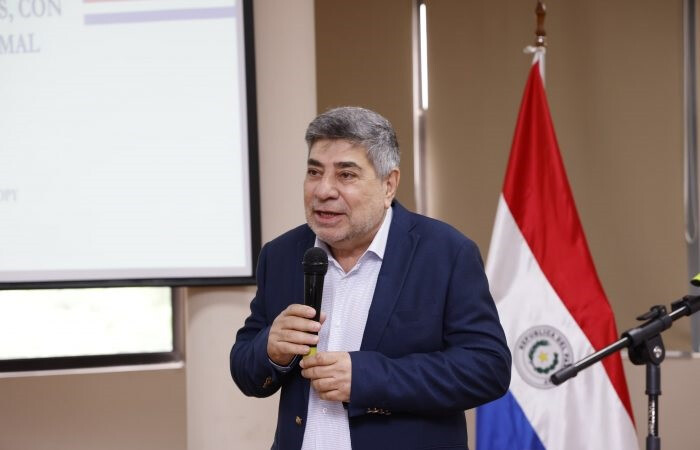
ASUNCIÓN, PARAGUAY – A new law for small and medium-sized enterprises (SMEs) in Paraguay is raising expectations among businesses. The law, designed to promote the growth of SMEs and create jobs, offers three key benefits: cost reduction, flexible contracts, and a $5 million fund. Luis Tavella, president of the Paraguayan Federation of SMEs (Fedemipymes), emphasized that the law is a significant achievement born out of cooperation between the private and public sectors.
Tavella praised the new law as a great boost for SMEs but also stressed the importance of institutional efforts for its implementation. For the law to have a tangible effect, it is essential not only to provide institutional support but also to widely publicize the benefits so that businesses can properly understand and utilize them.
To this end, Fedemipymes plans to work with the Vice Ministry of SMEs under the Ministry of Industry and Commerce to continuously monitor the application of the law. A key task is to promote the benefits to SMEs in the provinces, particularly in Alto Paraná, Caazapá, and Itapúa. He stated, “We must ensure that entrepreneurs do not miss new opportunities through the active participation of municipalities and state governments.”
The newly introduced key benefits are as follows: First, the SME certificate (cédula de mipymes). Businesses can obtain this certificate through the Vice Ministry of SMEs’ online platform, which exempts them from various certification and licensing fees for the first three years. Second, labor cost reduction. Micro-enterprises can hire employees at 80% of the minimum wage for the first three years and sign fixed-term contracts that do not require separate severance pay or prior notice upon contract termination. Starting in the fourth year, 100% of the minimum wage and standard contracts will apply. Third, a $5 million SME fund (Fonamipymes). Established in 2012, this fund now has an annual budget of $5 million to be used for SME support programs.
Tavella emphasized that the success of all these benefits depends on the social dissemination and implementation of the law. He predicted that the impact of the law on SME growth could be assessed within 1 to 3 years. This new SME law is expected to be a significant turning point in strengthening the competitiveness and promoting the growth of SMEs, which are the core drivers of the Paraguayan economy.
[Copyright (c) Global Economic Times. All Rights Reserved.]




























